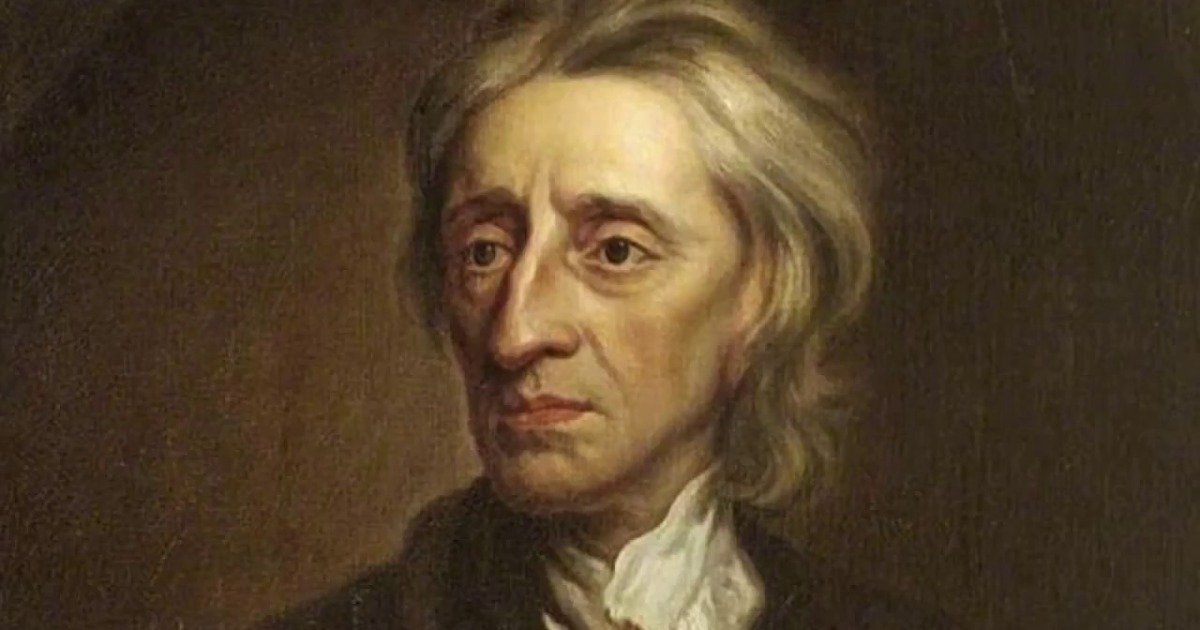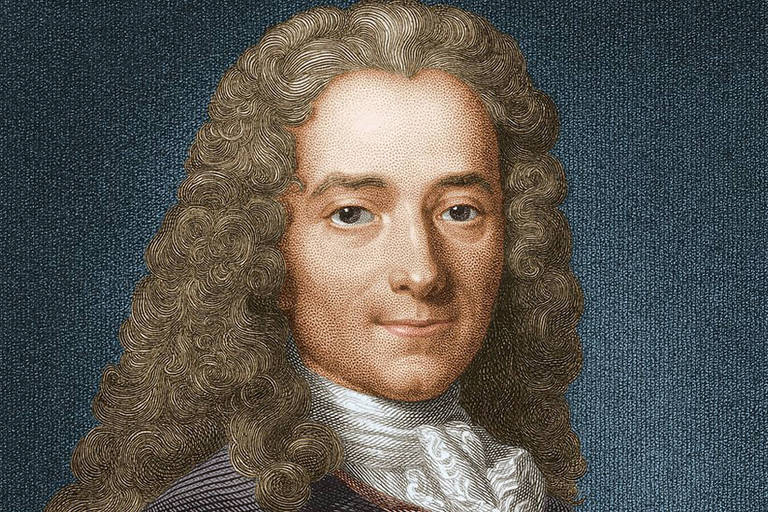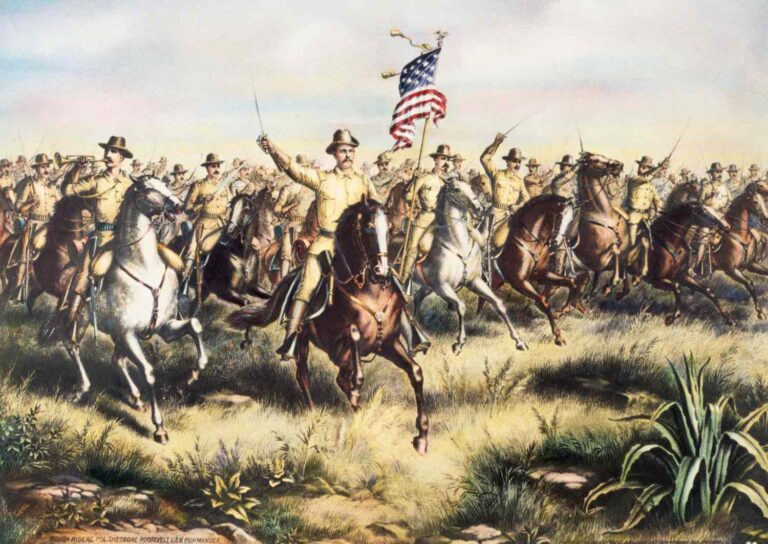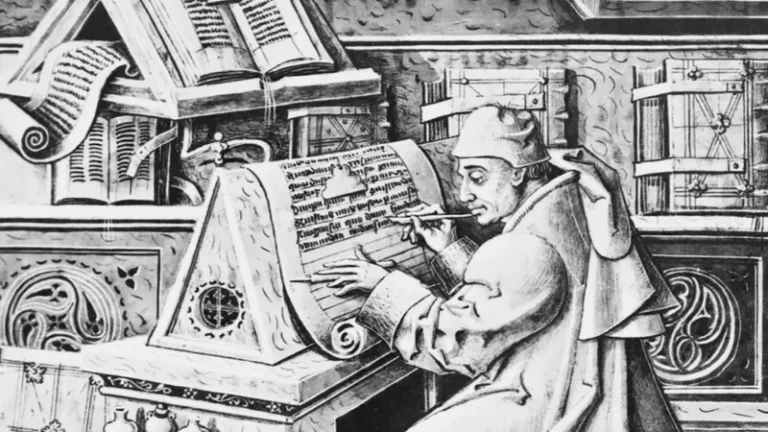Journey back in time to the age of Enlightenment, a period marked by the intellectual and philosophical development that shaped the world we live in today. This era, stretching from the late 17th to the late 18th century, saw the rise of new scientific and philosophical thought that challenged traditional beliefs and customs. It was an intellectual awakening that pushed humanity towards the modern era.
Dive deep into the exploration of Enlightenment, which was not just a shift in thought but a revolutionary movement that swept across Europe and the Americas. This narrative will take you through the seminal ideas that emerged, from the social contract theories of John Locke to the separation of powers proposed by Montesquieu. Explore how these philosophical propositions have influenced the modern political and social landscape.
Discover the central figures who sparked the Enlightenment’s intellectual awakening. With personalities as diverse as Isaac Newton and Voltaire, these trailblazers dared to question the status quo, breaking free from traditional thought and setting the stage for the advancement of human knowledge. Unearth the intriguing tales of their lives, their ground-breaking discoveries, and their enduring legacies.
This journey will also lead you through the fascinating evolution of scientific thought during the Enlightenment. From the development of calculus to the birth of modern chemistry and biology, the era was teeming with pioneering discoveries. Gain an understanding of how these scientific breakthroughs have shaped the world as we know it today.
As we delve into “Unveiling the Enlightenment: A Journey Through History’s Intellectual Awakening,” prepare to be captivated by the gripping tales of history’s most profound intellectual revolution. This narrative promises to be a journey of discovery, challenging preconceptions, and sparking curiosity. It’s time to explore the enlightenment like never before.
The Birth of Enlightenment
The Enlightenment was a transformative philosophical and cultural movement that took shape during the late 17th and throughout the 18th century, revolutionizing how individuals viewed knowledge, authority, and human potential. Also known as the Age of Reason, this period represented a fundamental shift in the way people sought to understand the world—moving away from unquestioned tradition, superstition, and religious dogma, toward rational thought, empirical evidence, and scientific inquiry.
At its core, the Enlightenment emphasized the power of human reason. Thinkers began to believe that through observation, experimentation, and logical analysis, society could progress beyond ignorance, injustice, and tyranny. This marked a break from the medieval worldview dominated by religious orthodoxy, where divine authority and scriptural interpretation shaped understanding. Instead, the Enlightenment prioritized secularism, critical thinking, and the belief that humans could actively shape their own destiny.
The intellectual awakening began in Europe, with France and England serving as its principal epicenters. In France, a vibrant community of writers, philosophers (known as philosophes), and scientists led the charge in challenging the old order. Figures such as Voltaire, Rousseau, Montesquieu, e Diderot published revolutionary ideas about freedom of thought, religious tolerance, education, and the structure of government. Meanwhile, in England, thinkers like John Locke e Isaac Newton were laying the philosophical and scientific groundwork that would influence generations to come.
One of the defining features of the Enlightenment was its interdisciplinary nature. It was not limited to philosophy or science, but extended to politics, economics, education, literature, and the arts. Writers began to question the role of monarchy, divine right, and social hierarchies, advocating instead for democratic principles and the social contract—the idea that governments derive their legitimacy from the consent of the governed.
The proliferation of printing presses e salons—gatherings hosted by intellectuals and patrons—fueled the spread of Enlightenment ideas. Books, essays, and pamphlets were circulated widely, transcending class boundaries and inspiring debate across Europe and, eventually, in the American colonies. This dissemination of knowledge laid the intellectual foundation for pivotal events such as the American Revolution (1776) and the French Revolution (1789), where Enlightenment ideals became rallying cries for liberty, justice, and equality.
Importantly, the Enlightenment also promoted educational reform. Philosophers believed that ignorance was the root of social inequality and injustice, and that education was the key to empowering individuals and societies. Schools, universities, and encyclopedias flourished, emphasizing subjects like natural sciences, logic, history, and philosophy—disciplines previously reserved for elites or clergy.
However, this shift toward reason and secular thought did not eliminate religion entirely. Instead, many Enlightenment thinkers advocated for Deism, the belief that a rational creator set the universe in motion but does not intervene in human affairs. This allowed them to maintain a spiritual worldview without adhering to institutionalized religious doctrines.
In essence, the birth of the Enlightenment marked a dramatic recalibration of intellectual priorities, championing critical thinking, personal freedom, and collective progress. It challenged the status quo and laid the groundwork for the modern democratic state, the scientific method, and universal human rights. The spirit of the Enlightenment—its faith in knowledge, inquiry, and human dignity—continues to influence our institutions, laws, and philosophies to this day.
Key Philosophers and Their Contributions
John Locke (1632-1704)
As one of the most influential Enlightenment thinkers, Locke is often dubbed as the ‘father of liberalism’. He championed the concept of ‘tabula rasa’, suggesting that human beings are born without innate ideas, and they acquire knowledge through experience. This perspective was groundbreaking, as it opposed the prevailing view of innate ideas and divine intervention.

Voltaire (1694-1778)
A leading figure in the French Enlightenment, Voltaire was known for his wit and advocacy of civil liberties, including freedom of speech and religion. He criticized the Catholic Church’s religious dogma and the French monarchy’s absolutism, which played a pivotal role in the eventual French Revolution.

Jean-Jacques Rousseau (1712-1778)
Rousseau argued for the sovereignty of the people and the need for a social contract. He believed that society and its institutions often corrupt individuals, and he championed the concept of ‘noble savage’, where man in his natural state is inherently good.

Enlightenment’s Impact on Science
The Enlightenment had a profound impact on the field of science. It paved the way for the Scientific Revolution, where empirical evidence and logical reasoning replaced religious dogma and superstition.
- Isaac Newton’s laws of motion and universal gravitation challenged the Church’s view of a geocentric universe.
- Carl Linnaeus developed the binomial nomenclature, a universal system for naming species, which transformed the study of biology.
- Benjamin Franklin’s experiments on electricity paved the way for numerous technological advancements.
The Enlightenment and Government
The Enlightenment was not merely an era of abstract philosophical thought—it was a powerful force for political transformation. Its core ideals, such as individual liberty, equality, popular sovereignty, and the separation of powers, reshaped the very foundation of modern government and inspired movements that would redefine nations and societies.
At the heart of Enlightenment political theory was the belief that legitimate authority stems from the consent of the governed, rather than divine right or hereditary rule. Thinkers like John Locke argued that governments exist to protect natural rights—life, liberty, and property—and that citizens have a right to overthrow rulers who violate these rights. Montesquieu, in turn, introduced the concept of separation of powers among legislative, executive, and judicial branches to prevent tyranny, an idea that would become central to modern constitutional democracies.
In the Estados Unidos, Enlightenment ideas were instrumental in shaping the nation’s founding principles. Figures like Thomas Jefferson, James Madison, e Benjamin Franklin drew directly from Locke, Montesquieu, and Rousseau when crafting foundational documents. The Declaration of Independence (1776) is a direct expression of Enlightenment ideals, asserting that all men are created equal and endowed with unalienable rights. The U.S. Constitution e Bill of Rights institutionalized these principles, creating a government based on checks and balances, representative democracy, and protection of civil liberties.
In France, the Enlightenment planted the ideological seeds of revolution. The French Revolution (1789) was fueled by calls for liberty, fraternity, and equality—values championed by the Enlightenment. The Declaration of the Rights of Man and of the Citizen, adopted in the early days of the revolution, proclaimed that sovereignty resides in the people, that all citizens are equal before the law, and that freedom of speech and religion must be protected. These radical assertions challenged centuries of monarchical rule and social hierarchy.
Beyond France and the United States, Enlightenment ideals influenced political change across Europe and Latin America, inspiring reforms, constitutions, and revolutions. The movement’s emphasis on rational governance and universal rights laid the intellectual foundation for modern liberal democracies.
Thus, the Enlightenment fundamentally altered the global political landscape, empowering individuals and nations to reimagine governance not as a divine order, but as a rational, just, and human-centered enterprise.
Challenges and Criticisms
Despite its profound influence and transformative ideals, the Enlightenment has not been without its critics and complexities. While many hail it as a cornerstone of modern thought and democracy, others have pointed out the limitations, contradictions, and unintended consequences that emerged from this intellectual movement.
One of the primary criticisms is that the Enlightenment placed too much emphasis on reason, often at the expense of emotion, intuition, and spirituality. Philosophers like Jean-Jacques Rousseau, although part of the Enlightenment, argued that rationality alone could not fully explain or guide human nature. He believed that feelings and moral instincts were equally vital to human flourishing, and that the over-rationalization of society could lead to alienation and dehumanization. Later thinkers in the Romantic movement would echo these concerns, emphasizing art, imagination, and emotional depth as necessary correctives.
Another criticism centers on the Enlightenment’s focus on individualism. While the promotion of personal liberty and autonomy was revolutionary, some argue that it laid the groundwork for the rise of capitalism and consumer culture, where personal freedom is often equated with the freedom to consume. This mindset, critics say, contributed to the commodification of life and a detachment from communal values, ecological stewardship, and long-term societal well-being.
Furthermore, Enlightenment ideals of universal reason and progress have, at times, been used to justify colonialism and cultural imperialism. European powers often viewed themselves as bearers of “rational civilization” and used this narrative to legitimize the conquest and domination of non-European societies. This darker legacy reveals a contradiction between Enlightenment principles of equality and the historical realities of exploitation and exclusion.
Moreover, the Enlightenment did not fully extend its promises of liberty and equality to all. Women, enslaved peoples, and colonized populations were often excluded from the political and philosophical discourse of the time. Feminist thinkers like Mary Wollstonecraft began to challenge these limitations, advocating for women’s rights within the framework of Enlightenment rationalism—but much progress remained to be made.
Still, despite these criticisms, the Enlightenment remains a pivotal chapter in human history. Its principles continue to inspire movements for democracy, education, and human rights. Recognizing its flaws allows us not to dismiss its legacy, but to build on it more critically, inclusively, and ethically in our own time.
Conclusão
In summing up “Unveiling the Enlightenment: A Journey Through History’s Intellectual Awakening”, it can be said that the Enlightenment was undoubtedly a significant juncture in human intellectual progression. The era paved the way for revolutionary thinking, championing reason and challenging traditional beliefs. It fostered a new understanding of mankind’s ability to question, reason, and seek truth.
This awakening was not confined to a specific geographical area, but rather, it spanned across continents, impacting societies and cultures. The Enlightenment empowered individuals, igniting a zest for knowledge and freedom of thought. This period forever altered the way we perceive the world around us.
What stands out in this exploration is the potent influence of Enlightenment thinkers, their ground-breaking ideas continue to echo in modern society. Their tireless pursuit of knowledge is a testament to the human spirit, which yearns for truth and understanding.
In conclusion, the Enlightenment is not merely a historical period. It’s a testament to our capacity for intellectual evolution and growth. The lessons learned from this period remain relevant, offering valuable insights as we navigate our contemporary world.
As we continue our journey of intellectual awakening, let’s not forget the Enlightenment’s valuable lessons: challenge the status quo, embrace reason, and always strive for progress.



